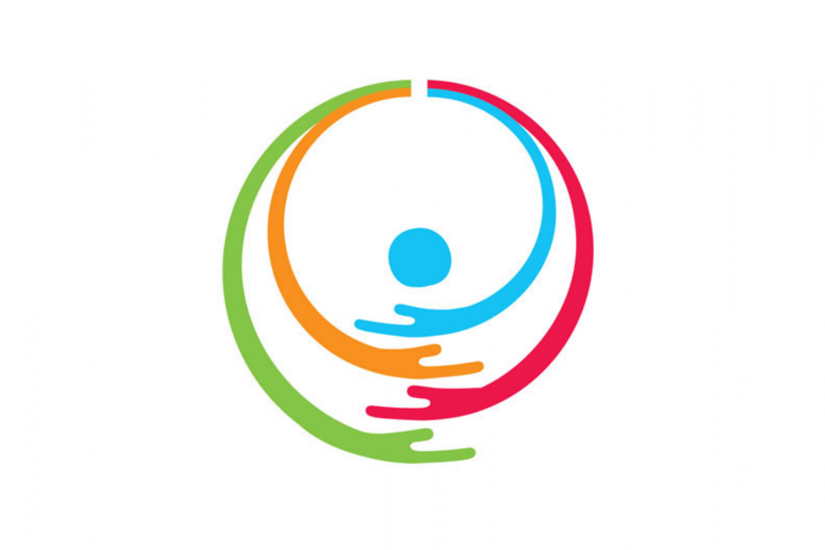"Today METRO GAD (Greenwich Association of Disabled People), along with the wider METRO family, celebrate with pride the UN designated International Day of Disabled People, recognising this year's theme being 'Leadership and participation of persons with disabilities toward an inclusive, accessible and sustainable post-COVID-19 world'.
"Disabled people of all backgrounds, but especially those of us from Black, Asian and minority ethnic backgrounds, women 65 and over and/or those of us with learning difficulties were amongst the hardest hit by the COVID-19 pandemic in terms of fatalities.
"The crisis highlighted pre-existing inequalities in our society. This fact was sugar coated by the media by referencing ‘underlying health conditions’ as a camouflage almost implying our lives don’t matter, whilst under representing our own voices.
"There was a hierarchy of criteria devised of who would get access to life support in hospitals – guess who would be at the bottom of the list?
"This lead to disabled people having to campaign for our very survival. I myself had to begin a legal challenge for ventilator filters to be supplied to home ventilator users from the hospital I am a patient under. At a time when the general public were being advised to step up and use PPE we as disabled people were being denied anti-viral/anti-bacterial ventilator filters previously prescribed by the NHS hospitals before the pandemic.
"'We must guarantee the equal rights of people with disabilities to access healthcare and lifesaving procedures during the pandemic.', UN Secretary-General António Guterres at the launch of Policy Brief on Persons with Disabilities and COVID-19 – 6th May 2020.
"Fellow activist Fleur Perry fought for the right for disabled people to have their usual support via Personal Assistants (PAs) or Carers in hospital during the pandemic.
"Shocking statistics emerged from residential ‘care’ homes and institutions as our community in congregate living situations fell ill and many did not survive, staff too were adversely impacted. We in the Disabled People’s Rights Movement have long been fighting for deinstitutionalisation and properly supported independent living in the community lead by Paul Hunt and UPIAS in the 1960s and ‘70s, and in the 90s DAN's (Disabled People’s Direct Action Network ) ‘Free Our People' campaign. Clearly the nature of institutional living put people at greater risk of infection and neglect, and ultimately death. We were being labelled ‘vulnerable’, and yet we were clearly being made vulnerable by a disabling system. During the pandemic I attended UN Zoom conferences calling for universal deinstitutionalization on behalf of METRO GAD.
"Back in the mid 1990s as part of GAD and DAN, alongside a couple of trusted colleagues and PA support (notably Peter Hope and Roy Webb), I was proud to support two disabled people to escape a lifetime in residential ‘care homes’. Their experience had been, a lack of choice and control over basics in life, as in what to eat, when to go to bed, whether permitted to go out, how often to bathe or shower, and if they could have a relationship. Even more distressingly as we discovered later – abuse from staff was rife.
"After our support we were able to put in place accessible housing, support and finance. They went on to thrive in their own homes in the community with PA support. Progress included enjoying a social life, going to college, university, getting married to their same-sex partner, and becoming a dancer and activist (notably Andy Hardy). Today, I celebrate all that can be achieved by our wonderfully diverse community of disabled people given the right conditions – equity, access, inclusion, and independent living support.
"So today I encourage you to look behind the scenes, behind the headlines and to value choice, control, rights, and freedom. To consider doing what you can to advocate for quality self-directed independent living in the community via your MP and councillors. Promote equal rights to healthcare and other services. Ask yourself what you can do to remove disabling barriers in your work place and community, support those still isolated in our community (some of whom are still shielding) to be fully included and to have access to digital training, equipment and all access required to take part in society on an equal basis.
"Last year on December 3rd METRO Charity was one of the organisations to sponsor an innovative international event ‘Thrive Aid-The Art of Protest’. The concept was created by activist, poet, singer, song-writer Alan Holdsworth, AKA Johnny Crescendo, which I was delighted to be on the International and UK production teams for. It brought together talented disabled artists, performers, and campaign leaders from various sections of our community in an online performance platform to celebrate our culture, strength, and diversity. I came away with a renewed determination that if we all work together (both as individuals and those in a position of power and influence), we can remove the barriers of our oppression and move toward a society where each citizen is truly valued, whether disabled or not. A society that co-productively socio-economic systems are put in place and invested in; to enable us to not only survive but thrive!"
Sue Elsegood, Voluntary Counsellor/Co-Chair METRO GAD - Greenwich Association of Disabled People.
